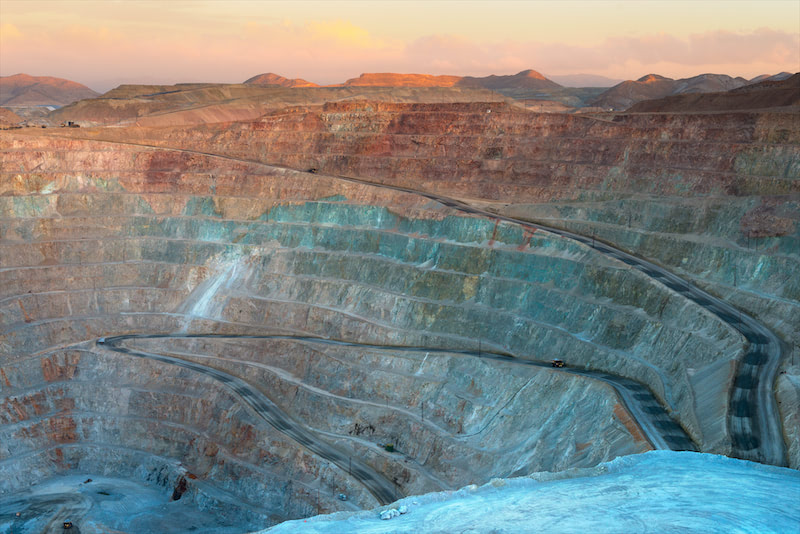SHANGHAI, Aug. 18 (SMM) – Chinese government has stepped up its efforts in environmental protections since the begging of the year.
In accordance with the 2017 Air Pollution Prevention and Control Action Plan in Beijing, Tianjin and Hebei and Surrounding Regions, steel production in major cities, such as Shijiazhuang, Tangshan, Handan and Anyang, will be restricted by 50 per cent at blast furnaces, measured by actual power consumption.
What’s the impact on steel production in China after such restriction policy?
Calculating based on 4-month production cuts for the policy, SMM estimates that crude steel output in the four cities mentioned above will fall by a total of 32.32 million tonnes, with monthly average at 8.08 million tonnes, and this will reduce ore and coke demand by 50.17 million tonnes and 13.48 million tonnes, respectively, if the policy is strictly implemented and carried out.
Policy Overview
|
Region |
Restriction Policy in Winter Months |
Date Issuing |
|
Tangshan |
50 per cent cut at blast furnaces, and 30 per cent cut at coking plants |
Aug.2 |
|
Shijiazhuang |
more than 70 per cent cut in steel capacities |
Feb.16 |
|
Handan |
more than 50 per cent cut in daily output at blast furnaces and sintering machines |
Feb.21 |
|
Anyang |
50 per cent cut in steel capacities |
Mar.1 |
Sources: Provincial Governments and Environmental Protection Departments
On Aug. 4, Hebei’s Environmental Protection Bureau issued the Plan of Heavy Air Pollution Control and Output Cuts in Winter Months, introducing category management and production cut plans based on pollution emissions across the region (including Xinji city). In major producing regions, such as Shijiazhuang, Tangshan and Handan, steel capacities will be curtailed by 50 per cent at blast furnaces in winter months based on actual power using. Coking time at coking plants, which have no emission permits, should be extended to 36 hours in winter months, and those at coking plants, which are under restricted categories of national industry policy, should be extended to 30 hours. Coking plants, failing to meeting emission standards, should be shut down, and coking plants should cut 30 per cent of output in the whole province.
Output Reduction Estimation in Winter Months after Restriction Policy
|
Unit: 1,000 tonnes |
|
|
|
|
|
|
|
|
Region |
Crude Steel Capacity |
Crude Steel Output |
Coke Capacity |
4-Month Restriction Policy |
Raw Materials Affected |
||
|
Crude Steel |
Coke |
Iron Ore |
Coke |
||||
|
50% Cut |
30% Cut |
||||||
|
Tangshan |
109250 |
88310 |
35000 |
18210 |
3500 |
28260 |
7590 |
|
Anyang |
19300 |
17390 |
- |
3220 |
- |
4990 |
1340 |
|
Shijiazhuang |
16110 |
14380 |
1700 |
2690 |
170 |
4170 |
1120 |
|
Handan |
49280 |
41880 |
14700 |
8210 |
1470 |
12750 |
3430 |
|
Total |
193940 |
161960 |
51400 |
32320 |
5140 |
50170 |
13480 |
|
Note: Data are based on major steel mills in those regions in 2016. |
|||||||
Based on data above, the monthly output of crude steel will fall by 8.08 million tonnes if the policy that requires a 50-per cent output cut is implemented and carried out strictly, accounting for 9.6 per cent of output in winter months seen last year. The output decline will reduce monthly purchases of iron ore and coke by 12.54 million tonnes and 6.74 million tonnes, respectively.
All plans released so far are draft ones, and specific ones will be announced in late September. Hebei, as one of major steel producing regions in China, claims 23 per cent of China’s total steel output, and the impact on China’s steel market will be felt strongly if policies are carried out strictly.
Restriction Period
In north China, heating season usually begins from mid-late November to next March, lasting about for 4 months. Some officials in those regions hit seriously by heavy pollution in winter months expressed determination to tackle with air pollution, saying restriction policy will be in place until air condition improves, and relevant measures will be introduced to guide exit of steel capacities in Beijing, Tianjin and Hebei, where steel capacities are far higher than it actually holds.
Policy Implementation
It needs to clarify that a 50-per cent cut is not applicable to every steel mill, and is based on total capacities in the regions involved. Moreover, the restriction policy will be implemented in “2+26” cities, and actual implementation plans will be made based on each city and each steel mill.
The cut policy is estimated to be stricter than those ones seen in past years for two factors. First, the restriction measures introduced in past years targeted sintering machines, and the 2017 restriction policy puts blast furnaces on target. As everyone knows, restriction measures will have bigger impact once blast furnaces are set as the target as it takes some time to restart blast furnaces which have been closed. Second, power consumption is the way to measure whether or not the mill has restricted its output.
Policy
In February 2017, the 2017 Air Pollution Prevention and Control Action Plan in Beijing, Tianjin and Hebei and Surrounding Regions was issued by the Ministry of Environmental Protection and Regional Cooperation Team for Air Pollution Control in Beijing, Tianjin, Hebei and Surrounding Regions. The Plan will be implemented in “2+26” cities, namely Beijing, Tianjin, and Hebei’s Shijiazhuang, Tangshan, Langfang, Baoding, Cangzhou, Hengshui, Xingtai, and Handan, Shanxi’s Taiyuan, Yangquan, Changzhi, and Jincheng, Shandong’s Jinan, Zibo, Jining, Dezhou, Liaocheng, Binzhou, and Heze, Hanan’s Zhengzhou, Kaifeng, Anyang, Hebei, Xinxiang, Jiaozuo, and Puang.
According to the plan, category management will be introduced based on steel mills, and restriction plans in winter months will be made based on pollution emissions. In major producing regions, such as Shijiazhuang, Tangshan and Handan, steel capacities will be curtailed by 50 per cent at blast furnaces in winter months based on actual power using.
The 2017 restriction policy during winter months will be the first one of the type, and in past years, Hebei, Shandong and Shanxi carried out temporary restriction measures, which were mainly decided by weather conditions.
For news cooperation, please contact us by email: sallyzhang@smm.cn or service.en@smm.cn.



